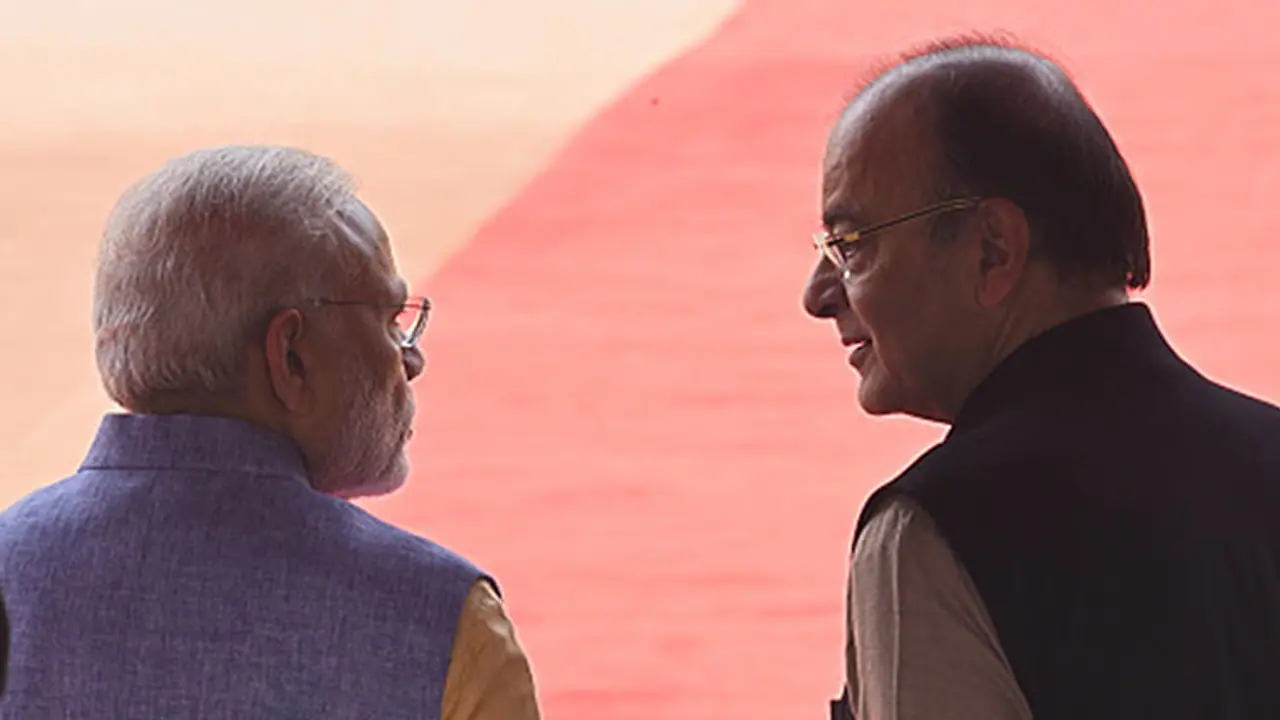The corporate tax in India is much higher than other countries. General Anti-Avoidance Rule will be effective from April 1.

The budget season is around the corner, and the whole nation is expecting, anticipating and fearing what might be in store for the people of the nation. The announcement of demonetisation and subsequent developments has set the stage for the budget and everyone is wondering what to look forward to.
Since PM Narendra Modi is on the revolutionary road to ensure India’s economic growth, here are four taxes that can be either abolished or the least, the rates can be lowered.
Tax on startup investments:
If Modi government is aiming at making the budget 2017 favourable for investors and startups, then this tax should be abolished or lowered to an extend that it does not hurt anyone.
The tax is not based on reality of startup ecosystem of India, has different provisions for private and listed companies, the revenue officers enjoys undue discretion and overall it does not cater to the startup sector.
Corporate tax:
At present, due to cess and surcharges, the corporate tax in India is much higher than it should be for a growing economy. The recent demonetisation had its impact on the corporate sector, and also various exemptions were removed from this tax. Certainly, the current corporate tax provisions are not in line with PM Modi’s plan for economic growth of India.
General Anti-Avoidance Rule (GAAR):
GAAR was introduced in budget 2012 by the then Finance Minister Pranab Mukherjee, and it will come into effect on April 1, this year. This rule will target those transactions and also business arrangements that are done with the aim to avoid taxes. The penalties under this rule will depend on "facts and circumstances of the case and is not automatic".
Now, the issue is can anyone assure that this controversial rule will not be abused by the authorities.
Equalisation Levy Rules:
This is the provision through which the Indian government is imposing indirect taxes on global giants like Google and Facebook and other foreign-based e-commerce companies. This act was introduced last year and targets e-commerce transaction and digital business.
The government justified this tax as an effort to level the market for all and also make foreign digital companies pay for revenue they earn through local advertisers. Is this tax truly encouraging for foreign digital companies to do business in India? Apparently not.
